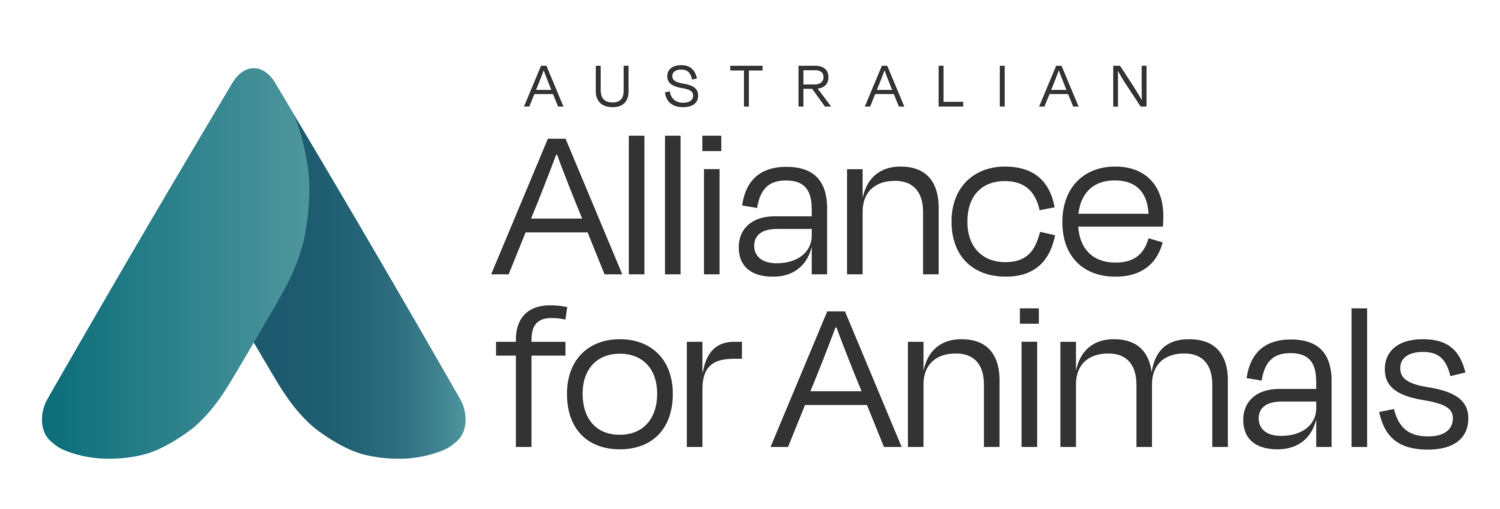How will State Animal Welfare Authorities lead to better outcomes for animals?
Under the current system, there is no clear authority responsible for enforcing animal welfare laws. And the enforcement agencies differ in each state and territory. This can result in a lack of cohesion and coordination, with animals being subjected to inconsistent outcomes depending on which authority is responsible.
The establishment of independent State Animal Welfare Authorities would create consistency and improve enforcement capabilities across the relevant agencies, leading to better outcomes for animals.
Limited coordination between different enforcement agencies
All states have multiple agencies that are responsible for enforcing animal welfare legislation (see Table). However, there is limited cross-agency coordination and intelligence sharing to ensure consistency. These agencies generally consist of the Police, the RSPCA, and state/territory agriculture departments. In most jurisdictions, agriculture departments have ultimate administrative responsibility for the legislation. Although they have strong technical capacity in livestock production, agriculture departments are not appropriate custodians for the enforcement and administration of state animal welfare law due to inherent conflicts between the protection of animal welfare and their broader goals of industry promotion
State and territory animal welfare law enforcement bodies
What would state Animal Welfare Authorities do?
As part of the Fair Go for Animals campaign, we are calling for the creation of State Animal Welfare Authorities to administer state animal welfare legislation. Independent State Animal Welfare Authorities would increase consistency across relevant agencies while improving enforcement capabilities. In turn, this would lead to better and more consistent animal welfare outcomes.
Independent state Animal Welfare Authorities will create better outcomes for animals.
Benefits of Independent State Animal Welfare Authorities include:
Specialisation and expertise: providing a central source of dedicated expertise in animal welfare enforcement, leading to more informed and effective responses to animal welfare cases.
Enhanced coordination and consistency: better coordination of agencies, streamlining training and enforcement actions.
Improved independence and public transparency: removing conflicts of interest and facilitating clearer, more accessible reporting to the public, increasing confidence in the system.
Better animal welfare outcomes: a more dedicated and focused animal welfare capability, leading to improved outcomes for animals.
How would the State Animal Welfare Authorities operate?
The authorities would function independently from agriculture departments to avoid conflicts of interest, reporting to a minister responsible for animal welfare. The enabling legislation would clearly define the authority’s roles, powers, and responsibilities, ensuring they operate without political interference.
Key functions would include:
Overseeing the appointment and training of inspectors.
Supporting the functions of state Animal Welfare Advisory Committees.
Administering licensing regimes for animal establishments.
Administering compliance monitoring programs for animal industries.
Determining animal forfeiture applications.
Approving official forms for use under the legislation.
Recognising interstate prohibition and other court orders.
Publicly reporting on compliance and enforcement activities.
Will you join us in calling for State Animal Welfare Authorities?
Establishing State Animal Welfare Authorities would significantly improve the administration of animal welfare laws in Australia. It would address current shortcomings by providing a focused, specialised approach to enforcement and reporting that aligns with public expectations for the treatment of animals. This reform would not only bolster community confidence but also ensure that animal welfare is maintained as a priority in legislative and regulatory frameworks.



